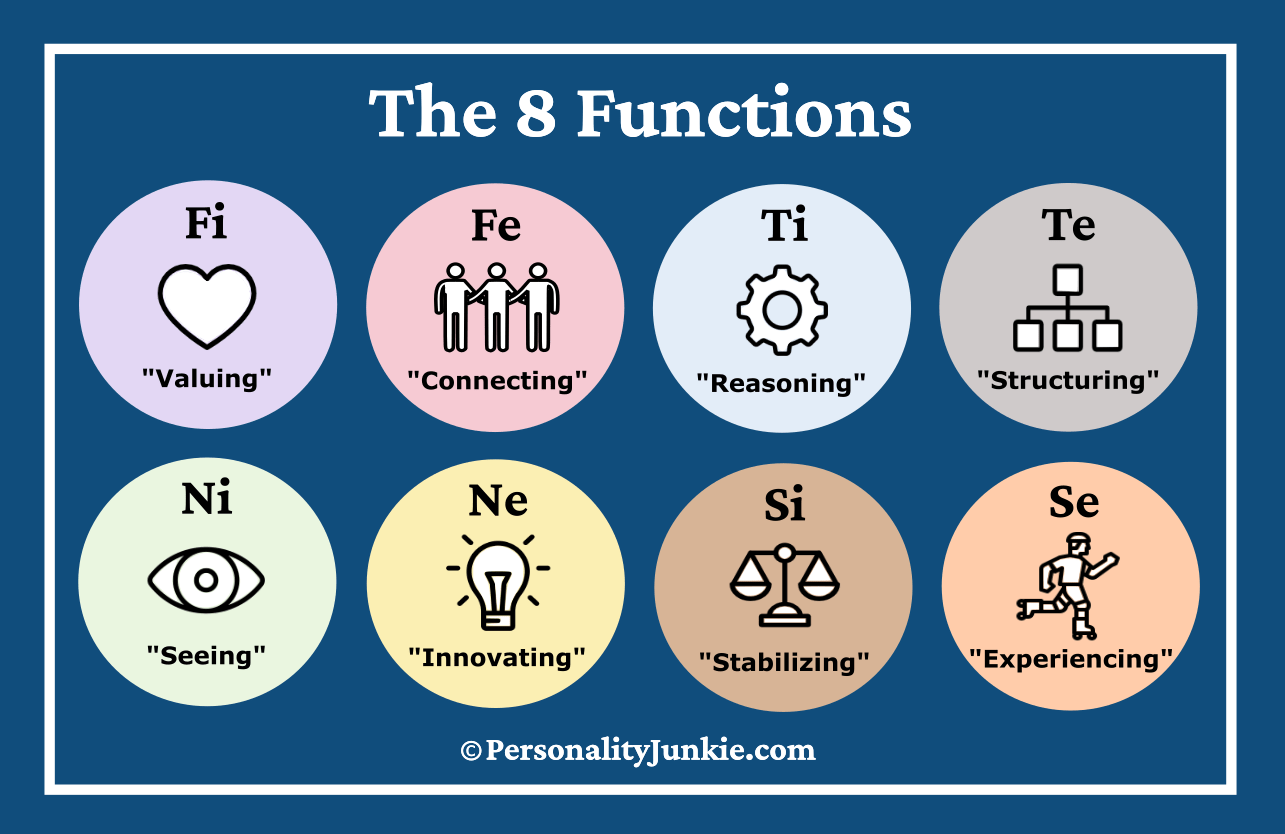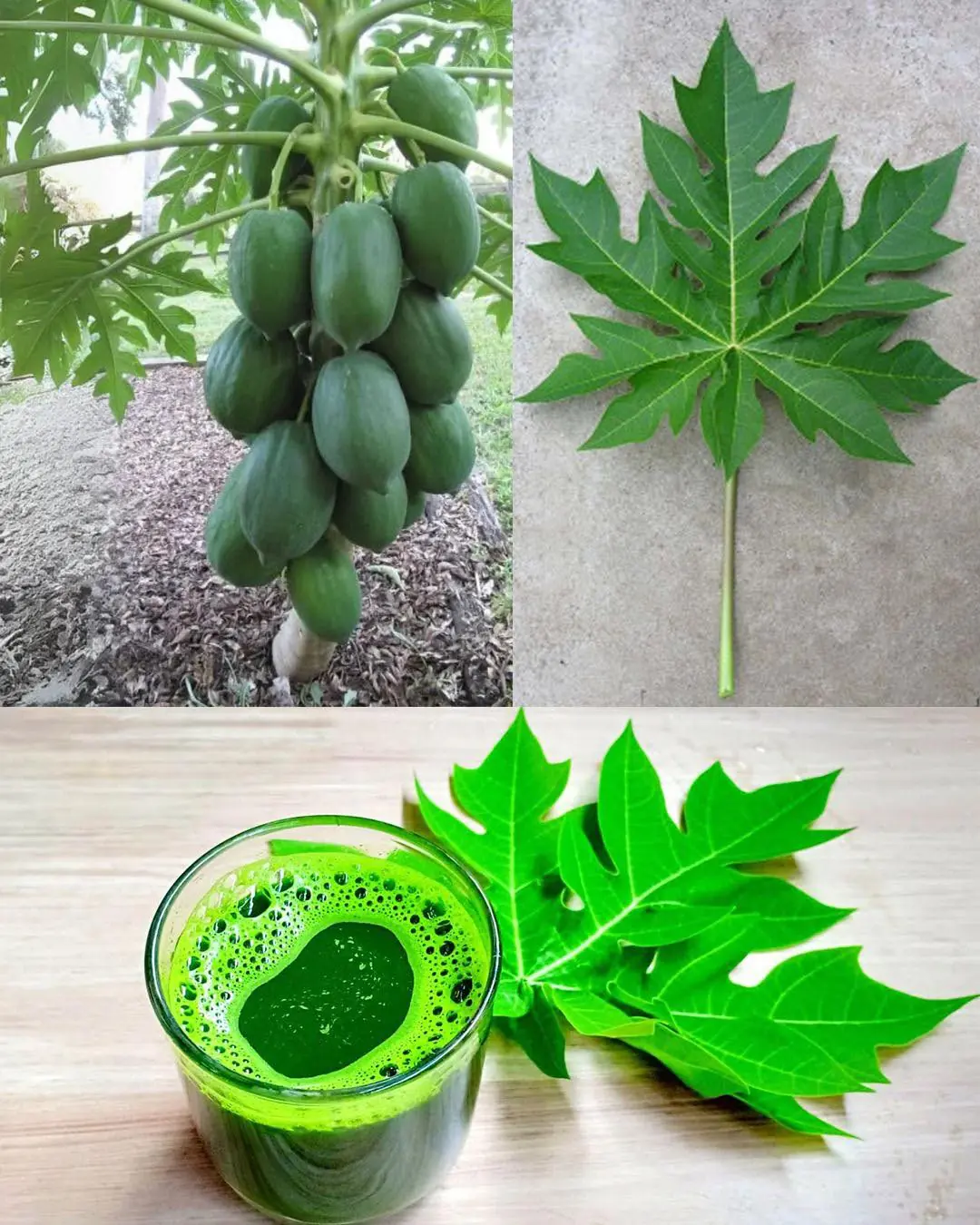
Eggplant is the king of vegetables but not everyone can eat it
Eggplant: Nutritional Value and Health Benefits
Eggplant is a fiber-rich, nutrient-dense vegetable that is commonly included in the Mediterranean diet. A serving of eggplant provides at least 5% of the daily recommended intake of fiber, copper, manganese, vitamin B6, and thiamine. It also contains various other vitamins and minerals.
Additionally, eggplant is a great source of phenolic compounds that act as antioxidants. These molecules help eliminate free radicals, which, if accumulated in large amounts, can cause cell damage and contribute to diseases. Foods rich in antioxidants can help prevent various health conditions.
Among the antioxidants in eggplant are anthocyanins, including nasunin, lutein, and zeaxanthin.
According to the National Institute of Nutrition (Ministry of Health), eggplant is a nutrient powerhouse that promotes good health. It is rich in antioxidants, phytochemicals, phenolic compounds, and flavonoids while being low in calories and high in fiber and water content.
The deep purple color of eggplant indicates the presence of anthocyanins, especially nasunin, a rare and highly beneficial compound. Nasunin helps combat free radicals, which contribute to disease development and aging. It also plays a role in protecting DNA and cell membranes from oxidative stress.
Eggplant is also worth consuming due to its 13 types of phenolic acids that provide anti-cancer properties. Chlorogenic acid, in particular, helps fight tumor growth and has antiviral and antibacterial properties. Studies suggest that eggplant contains strong cardiovascular-protective compounds and supports digestive health due to its high water and fiber content.
Health Benefits of Eggplant
1. Heart Health
Eggplant contains fiber, potassium, vitamin C, vitamin B6, and antioxidants, all of which support cardiovascular health.
A 2019 review found that consuming flavonoid-rich foods, including anthocyanins, reduces inflammation markers associated with heart disease.
A 2013 study showed that middle-aged women who consumed more than three servings of blueberries and strawberries per week - both rich in anthocyanins - had a 32% lower risk of heart disease than those who consumed fewer berries.
Another survey revealed that women with higher anthocyanin intake had significantly lower blo.od pressure and were less likely to develop arterial stiffness.
2. Cholesterol Regulation
Eggplant’s fiber content may help regulate cholesterol levels. A 96g serving of cooked eggplant contains about 2.4g of fiber.
A 2014 study on rodents found that chlorogenic acid, the primary antioxidant in eggplant, helped reduce “bad” cholesterol (LDL) and decreased the risk of non-alcoholic fatty liver disease (NAFLD).
3. Can.cer Prevention
Eggplant contains polyphenols, anthocyanins, and chlorogenic acid, which may protect against cancer by preventing cell damage caused by free radicals.
Anthocyanins help prevent tumor growth by:
- Inhibiting new blood vessel formation in tumors
- Reducing inflammation
- Blocking enzymes that promote can.cer cell spread
4. Cognitive Function
Animal studies suggest that nasunin, an anthocyanin found in eggplant skin, may protect brain cell membranes from free radical da.mage.
Nasunin also aids in nutrient transport into cells and waste removal.
Additionally, anthocyanins help:
- Reduce neuroinflammation
- Improve blood flow to the brain
- Prevent memory loss and age-related cognitive decline
Lab tests indicate that nasunin can slow lipid peroxidation in the brain, a process that da.mages cells.
5. Weight Management
Eggplant’s high fiber and low-calorie content makes it beneficial for weight control. Fiber helps people feel fuller for longer, reducing overeating.
However, eggplant absorbs a lot of oil when fried, so those trying to lose weight should opt for grilling, roasting, or air frying instead.
6. Eye Health
Eggplant contains lutein and zeaxanthin, antioxidants that support vision. Lutein may help prevent age-related macular degeneration (AMD), a condition that can cause vision loss in older adults.
Eggplant is delicious, but not everyone should eat it. Here are the people who should absolutely avoid this vegetable:
1. People with Anemia or Iron Deficiency
Eggplant skin contains anthocyanin. This substance "captures" iron ions present in other foods and in the body, hindering the body's absorption of iron. Additionally, it also affects the absorption of zinc and copper ions. Therefore, people with anemia or iron deficiency should avoid eating eggplant and instead, consume iron-rich foods like red meat and animal liver.
2. People with Stomach Issues
As a food with a cooling nature, eating too much eggplant can cause stomach discomfort and lead to diarrhea. Therefore, individuals with stomach problems should limit their intake of this vegetable.
3. People with Poor Digestive Function
Even though they might not experience stomach aches or indigestion like children, individuals with poor digestive function can still feel discomfort when eating eggplant due to its tough and hard skin. If they want to eat eggplant, this group should peel the skin to reduce the burden on their stomach.
4. People with Kidney Disease
Eggplant contains a large amount of oxalate – a type of acid found in plants. Consuming too much can lead to kidney stones. Hence, people with kidney disease should avoid eating eggplant.
News in the same category


Eat 4 foods on an empty stomach in the morning to help clean the intestines, improve digestion, and prevent canc.er

Goosegrass: Health Benefits and Uses

White Clover (Trifolium repens): 15 Benefits and Homemade Uses

The Hidden Healing Power of Papaya Leaves

Ripe Bananas Soaked in This Ingredient Are Extremely Good

Mute Here are five unusual foot symptoms

11 Sneaky Signs You Might Actually Be Gluten Intolerant

How Often Do You Really Need to Shower, According to Science

Doctors warn that if you have these signs on your nails, you need to be careful with 5 types of diseases. You should see a doctor as soon as possible.

Understanding the Signals: What Your Body Is Trying to Tell You

Beware Of Diabetes If You Frequently Experience These 5 Strange Symptoms

4 Fruits Known as the “Enemies” of Can.cer

Doctors say there are 5 symptoms after meals

11 Signs Your Body Is Giving You Important Alerts

5 Common Refrigerator Mistakes That Multiply Bacteria by 10 Times

The hidden power of roses: Beyond beauty and fragrance

American Sweetgum (Liquidambar styraciflua): The Forgotten Healing Tree

Goldenberry power: 20 benefits of Physalis peruviana and how to use it at home
News Post

After Sneezing Several Times, I Noticed Something Strange in My Throat

Doctors warn: if you have these tiny red dots on your arm or hand, do not ignore the warning signs

What Really Happens to Your Body If You Eat Sweet Potatoes for Breakfast Every Day

Over 200 People Are Ki.lled By The “World’s Deadliest Food” Every Year, But Almost 500 Million People Still Eat It

People Pour Buckets of Ice into the Toilet — The Result Leaves Everyone Stunned

A Nutritious Dish That Helps Ease Rheumatoid Arthritis and Can Be Cooked in Many Delicious Ways

What Animal You See First Will Reveal Your Anger Trigger

I Pulled This Baby Out Of A Burning House—And Then Found Out His Parents Left Him Behind

Kind people gave a homeless woman an old trailer!

The Birthday That Turned Into A Family Secret None Of Us Expected

20 years later, the surprising ending came back

Beware of 5 types of fruit that make you gain more weight than fatty meat

Be careful when planting these plant

Beware Of Diabetes If You Frequently Experience These 5 Strange Symptoms

Eat 4 foods on an empty stomach in the morning to help clean the intestines, improve digestion, and prevent canc.er

Goosegrass: Health Benefits and Uses

White Clover (Trifolium repens): 15 Benefits and Homemade Uses

Optical illusion: What you see first reveals something important about your personality

